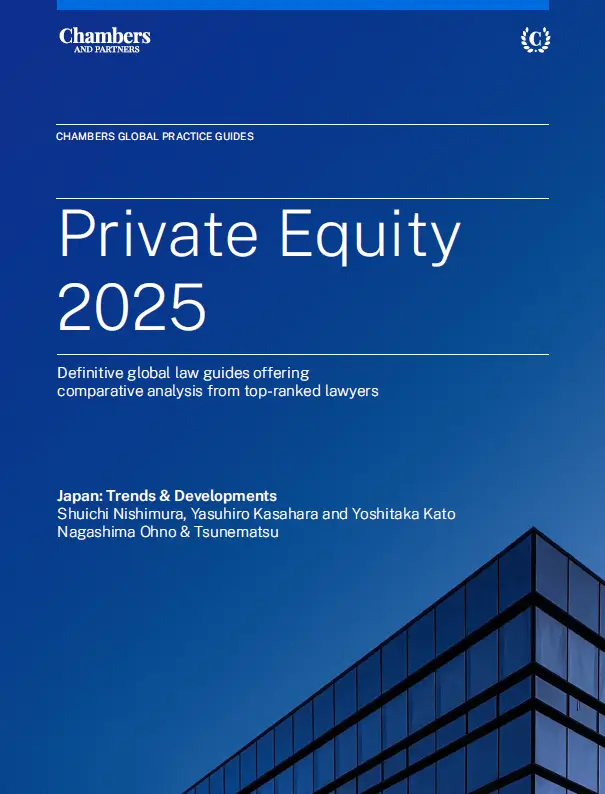
NO&T Asia Legal Review
In a significant move to modernize Indonesia’s business landscape, the Government of Indonesia has enacted Government Regulation No. 28 of 2025 on the Implementation of Risk-Based Business Licensing (“GR 28/2025”). Effective as of 5 June 2025, GR 28/2025 revokes and replaces the earlier Government Regulation No. 5 of 2021 (“GR 5/2021”), reinforcing the government’s ongoing commitment to a business licensing framework that is comprehensive, streamlined, and better aligned with the dynamic needs of Indonesia’s economy.
GR 28/2025 is an extensive piece of legislation, comprising 550 articles divided into 14 chapters and supplemented by 4 annexes which will serve as the principal regulatory framework guiding the Government of Indonesia in the issuance of the following categories of license:
The regulation further elaborates on the specific licenses that must be secured before entering each stage of business activity, as detailed below:
| No. | Stage | Risk | |||
|---|---|---|---|---|---|
| Low | Medium-Low | Medium-High | High | ||
| 1. | Starting a Business | ||||
|
The process of obtaining PB depends on the risk level of business activity. | ||||
| 2. | Running a Business | ||||
| a. Preparation | NIB | NIB and Standard Certificate | NIB and Unverified Standard Certificate | NIB | |
|
|||||
| b. Operational and/or Commercial | NIB and Verified Standard Certificate | NIB and License | |||
|
|||||
Note: PB-UMKU may also be required on operation and/or commercial stage depending on the nature of the business activity.
A prominent example is the issuance of the KKPR for land-based business activities. The regulation mandates a maximum assessment period of 20 working days for authorities to assess the submitted spatial utilization documents, including the issuance of land technical consideration. If this deadline is missed, the KKPR will still be granted regardless of whether the land technical consideration has been issued.
Effective as of 5 June 2025, Indonesia’s business licensing framework will transition to GR 28/2025. During this transitional period, applications and approvals currently processed through the OSS system will continue to be governed under the provisions of GR 5/2021 until the OSS system is fully updated to align with the new regulation, no later than 4 months after the enactment of GR 28/2025.
Additionally, business actors who have obtained their basic requirements, PB, and PB-UMKU prior to the enactment of GR 28/2025 are exempt from compliance with the new regulation, unless GR 28/2025 offers more favorable conditions.
Furthermore, existing regulations will remain in effect as long as they do not conflict with GR 28/2025, ensuring legal continuity and a smooth transition for all stakeholders.
GR 28/2025 represents a significant advancement in Indonesia’s business licensing framework. By expanding the scope of regulated sectors from 16 to 22, it streamlines procedures, reduces administrative burdens, and introduces the fictitious positive principle to guarantee timely license approvals. As the new cornerstone for risk-based licensing, GR 28/2025 underscores Indonesia’s commitment to fostering a more efficient and investor-friendly environment for both domestic and foreign businesses.
*1
The environmental license obtained at this stage is only applicable for businesses and/or activities not required to obtain AMDAL or UKL-UPL.
*2
The environmental license obtained at this stage is only applicable for businesses and activities requiring AMDAL or UKL-UPL.
This newsletter is given as general information for reference purposes only and therefore does not constitute our firm’s legal advice. Any opinion stated in this newsletter is a personal view of the author(s) and not our firm’s official view. For any specific matter or legal issue, please do not rely on this newsletter but make sure to consult a legal adviser. We would be delighted to answer your questions, if any.


(September 2025)
Yasuhiro Kasahara, Masaki Mizukoshi, Yoshitaka Kato (Co-author)


Yusei Uji


(September 2025)
Shuichi Nishimura, Yasuhiro Kasahara, Yoshitaka Kato (Co-author)


Ichsan Montang, Valencia Wijaya (Co-author)


(September 2025)
Yasuhiro Kasahara, Masaki Mizukoshi, Yoshitaka Kato (Co-author)


Yusei Uji


(September 2025)
Shuichi Nishimura, Yasuhiro Kasahara, Yoshitaka Kato (Co-author)


Ichsan Montang, Valencia Wijaya (Co-author)


Supasit Boonsanong, Thananya Pholchaniko, Phareeya Yongpanich (Co-author)


Patricia O. Ko


Claire Chong, Nozomi Kato (Co-author)


Yuan Yao Lee


Supasit Boonsanong, Thananya Pholchaniko, Phareeya Yongpanich (Co-author)


Patricia O. Ko


Claire Chong, Nozomi Kato (Co-author)


Yuan Yao Lee


Ichsan Montang, Valencia Wijaya (Co-author)


Ario Putra Pamungkas


Yoichi Maekawa


Anastasia Jessica Maureen